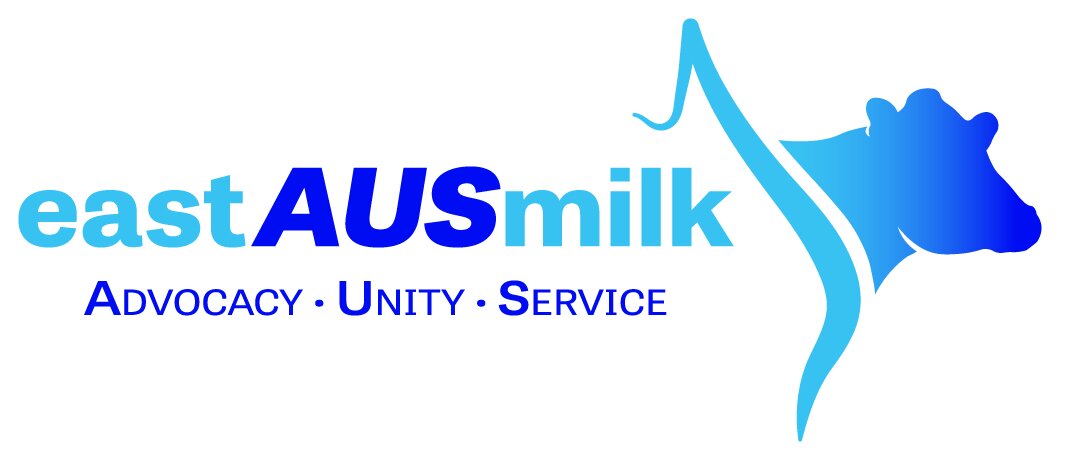Massively under-resourced response compounds Indonesia's FMD disease crisis
INDONESIA's foot and mouth disease crisis is being compounded by a massively under-resourced response to what is considered the world's most economically destructive livestock disease.
According to the latest PRISMA report, only 498,893 animals had been treated as of July 14, despite 3 million vaccine doses being secured by the Indonesian Government.
To put the FMD crisis into some form of perspective, Indonesia has 16 million cattle and a further 49 million susceptible goats, sheep and pigs on at least 6000 of its more than 17,500 islands.
The disease has now officially spread to 22 of Indonesia's 37 provinces and has placed the Australia livestock industry on red alert.
It is estimated an outbreak of FMD in Australia could cost as much as $80 billion, including in the immediate closure of export markets for meat.
PRISMA - which stands for Promoting Rural Incomes through Support for Markets in Agriculture - is a bilateral agricultural market systems program funded by the Australian Government, which supports the development of the beef, dairy, and pig sectors in Indonesia.
PRISMA's report says demand for pharmaceutical and biosecurity products including antibiotics, vitamins, analgesics, and disinfectants had skyrocketed, with supply unable to keep up with demand.
The Indonesian Government had identified 366,875 infected animals as of July 14, 60 per cent of which were active cases. Some 38.4pc of animals had recovered, while the mortality rate was low at 0.7pc on top of the 1pc culled in the containment effort.
However, those numbers are likely to be significantly lower than the real figures, given there is a reluctance by local farmers to report animal diseases. Sheep and goats also often show few clinical symptoms of the FMD 'O' variation currently active in Indonesia.
Uncontrolled livestock movements
Adding to the problem is that livestock movements appear poorly controlled. The spread of FMD to the islands of Bali and Sulawesi are thought to have occurred following the recent Eid al-Adha festival. This four day event is one of Islam's most important holidays, and includes the sacrifice of animals with the meat often given to poorer people.
The report also says farmers are also unwilling to invest in feed and healthcare products as they begin to lose livestock.
"This is particularly important for smallholder farmers who usually have less than five head of cattle," the report reads.
"Cattle infected with FMD eat less, reducing weight gain and/or milk production.
"Farmers are less likely to invest in high-quality inputs such as commercial feed if they think they will not get a return on their investment."
In addition to the problems caused by reduced nutrition, the report says government veterinarians are also under extreme pressure as they are unable to keep up with the demands from farmers.
"Farmers have resorted to using traditional medicines for their livestock, despite the cost of those also increasing exponentially."
Indonesia was FMD free
Indonesia had been officially free of FMD since 1986, after Australia efforts helped eradicate the disease.
However, FMD was detected in Indonesia between April 28 and May 3 in 2022, when 1247 cattle showing clinical signs of FMD were diagnosed in four districts in East Java.
The current outbreak is thought to have occurred with contaminated meat brought in from India, based on the variant infecting the Indonesian herd.
According to the World Organisation for Animal Health, FMD circulates in about 77pc of the global livestock population, particularly in Africa, the Middle East and Asia, as well as some parts of South America.
National Emergency Animal Disease Watch Hotline: 1800 675 888.

